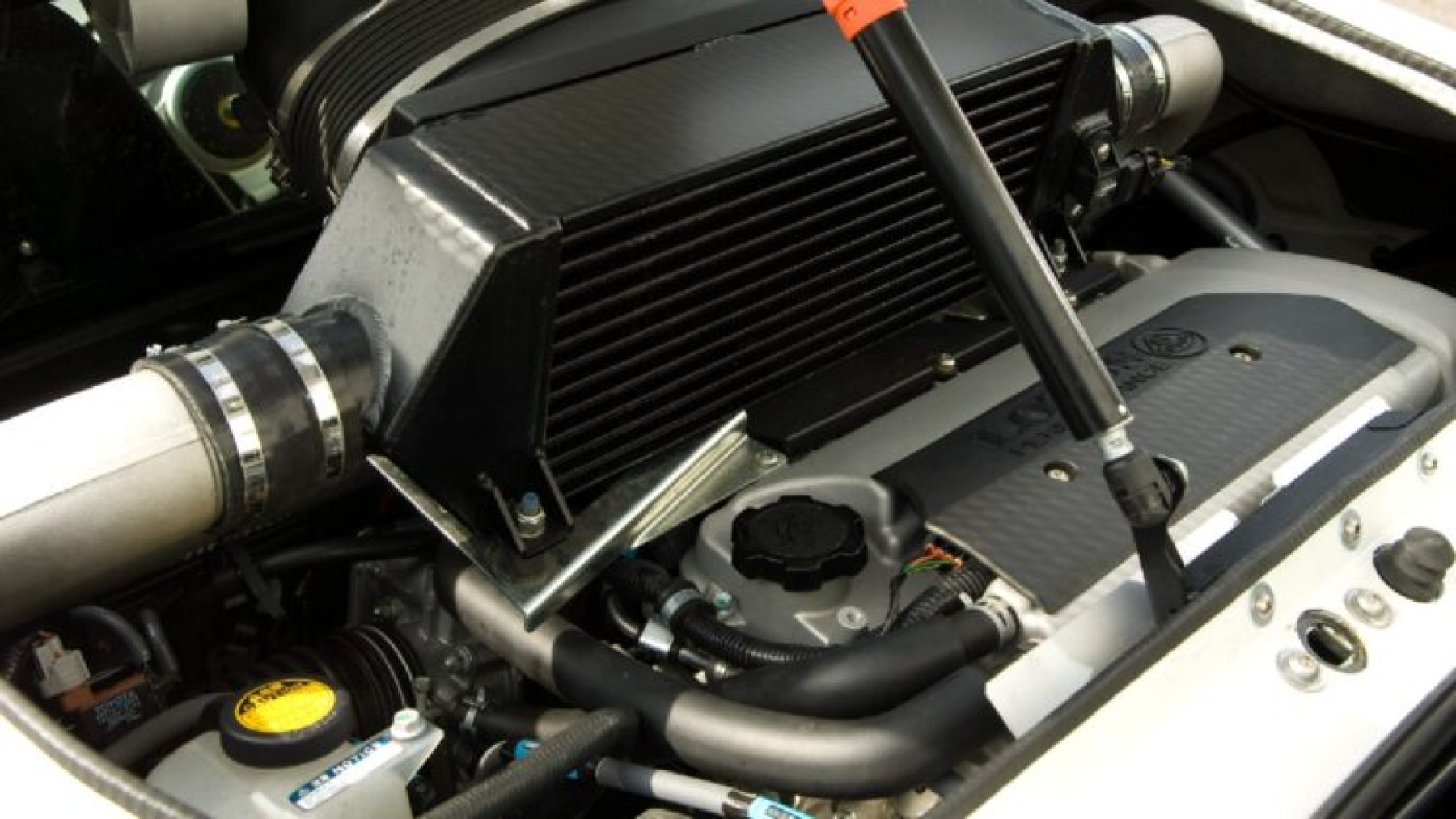Niyato Industries Inc. has come up with a cool tri-fuel engine that lets a Ford F-350 4×4 pickup run on gasoline, compressed natural gas (CNG), or propane. For the propane setup, you’ll need a different tank and a vaporizer, which can be ordered when the vehicle is being retrofitted. This depends on the fleet operator’s original purchase order.
New tri-fuel system
This tri-fuel system has been certified by both the U.S. Environmental Protection Agency and the California Air Resources Board. It covers all weight configurations for Ford’s F-250 and F-350 with 6.2L engines.
“Our goal isn’t to reinvent the wheel but to make it roll more smoothly,” says Niyato CEO Leslie Stencil.
Right now, Niyato’s calibration and system design team is putting the vehicle through rigorous testing. They’re making sure everything runs perfectly before it hits the road. This innovation is set to provide more flexibility and cost savings for fleet operators. With the ability to switch between three different fuels, drivers can choose the most economical option based on current fuel prices and availability.
This system is not only efficient but also an eco-friendly step forward, offering a versatile solution for modern transportation needs. By reducing reliance on a single fuel type, it helps mitigate the impact of fuel shortages and price spikes. Moreover, using CNG and propane, which burn cleaner than gasoline, can significantly reduce the vehicle’s emissions, contributing to a greener environment.
Niyato’s process and approach
Niyato’s approach is particularly beneficial for large fleet operators, like delivery services or municipal vehicles, who can see substantial savings in fuel costs over time. Additionally, the adaptability of the tri-fuel system means that vehicles can operate in regions with varying fuel availability without any hassle. This flexibility ensures that fleet operations remain smooth and uninterrupted, no matter the circumstances.
The LPG application of Niyato Industries’ new Tri-Fuel system requires a separate tank for propane storage and a vaporizer, which can be ordered based on the fleet operator’s original purchase agreement when the retrofit facility makes its request.
This innovative system has earned certifications from both the EPA (Environmental Protection Agency) and CARB (California Air Resources Board). These certifications cover all weight configurations for Ford’s F-250 and F-350 6.2-liter engine families, including all Super Duty specifications such as Regular Cab, Short Bed, Extended Cab, Crew Cab, Long Bed, and all weight classes from 2012 through 2016.
Niyato is making the ordering process as straightforward and cost-effective as possible. They have standardized the pricing for the low-pressure side of the system across all Ford F-250 and F-350 platforms. Additionally, a few months ago, Niyato announced they would accept orders for the 2016 F-150 5.0 Bi-Fuel and Dedicated (LPG or CNG) vehicles at 5% below any verified competitor bid price through 2017. This 5% discount offer has now been extended to national fleet operators and includes the F-250 and F-350 models as well.
Currently, Niyato’s calibration and system design team is rigorously testing the vehicle to ensure everything runs perfectly before it hits the road. This innovation promises to provide greater flexibility and cost savings for fleet operators. With the ability to switch between three different fuels, drivers can choose the most economical option based on current fuel prices and availability.
Setting an example for the future
The Tri-Fuel system is not only efficient but also an eco-friendly step forward, offering a versatile solution for modern transportation needs. By reducing reliance on a single fuel type, it helps mitigate the impact of fuel shortages and price spikes. Using CNG and propane, which burn cleaner than gasoline, significantly reduces the vehicle’s emissions, contributing to a greener environment.
Niyato’s approach is particularly beneficial for large fleet operators, such as delivery services or municipal vehicles, who can see substantial savings in fuel costs over time. The adaptability of the Tri-Fuel system ensures that vehicles can operate in regions with varying fuel availability without hassle. This flexibility keeps fleet operations smooth and uninterrupted, regardless of the circumstances.
In summary, Niyato’s Tri-Fuel system enhances operational efficiency and cost-effectiveness while aligning with the push toward sustainable and resilient automotive solutions. This innovation represents a significant leap forward in making transportation more flexible, economical, and environmentally friendly.

